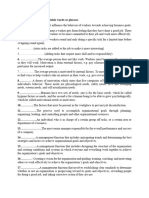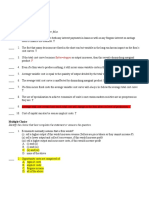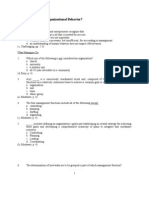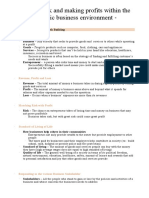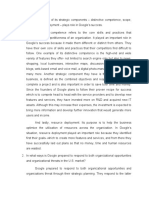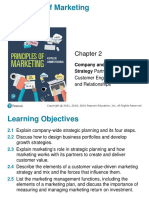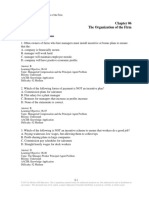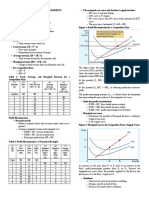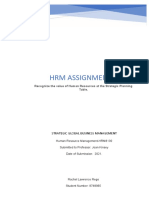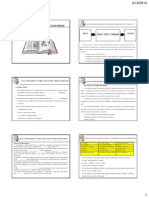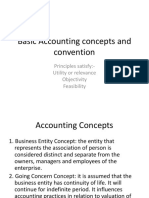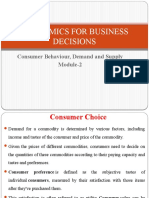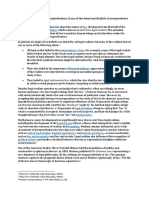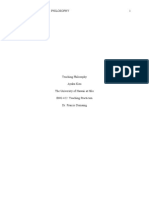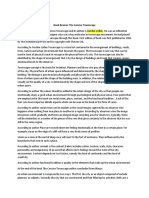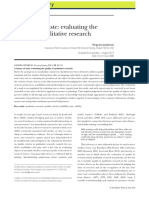0% found this document useful (0 votes)
226 views5 pagesBusiness Research Essentials
This document defines and discusses business research. It notes that business research applies the scientific method to investigate business phenomena. There are two main types: applied research addresses specific business decisions, while basic research expands general knowledge without addressing a specific problem. The scientific method uses evidence and knowledge to reach objective conclusions. Business research is valuable for managerial decision making around problems, opportunities, selecting and evaluating courses of action. It should be conducted when it can improve decisions in a cost-effective manner. Modern business research benefits from globalization and communication technologies.
Uploaded by
Anita PanchalCopyright
© © All Rights Reserved
We take content rights seriously. If you suspect this is your content, claim it here.
Available Formats
Download as DOCX, PDF, TXT or read online on Scribd
0% found this document useful (0 votes)
226 views5 pagesBusiness Research Essentials
This document defines and discusses business research. It notes that business research applies the scientific method to investigate business phenomena. There are two main types: applied research addresses specific business decisions, while basic research expands general knowledge without addressing a specific problem. The scientific method uses evidence and knowledge to reach objective conclusions. Business research is valuable for managerial decision making around problems, opportunities, selecting and evaluating courses of action. It should be conducted when it can improve decisions in a cost-effective manner. Modern business research benefits from globalization and communication technologies.
Uploaded by
Anita PanchalCopyright
© © All Rights Reserved
We take content rights seriously. If you suspect this is your content, claim it here.
Available Formats
Download as DOCX, PDF, TXT or read online on Scribd
/ 5




